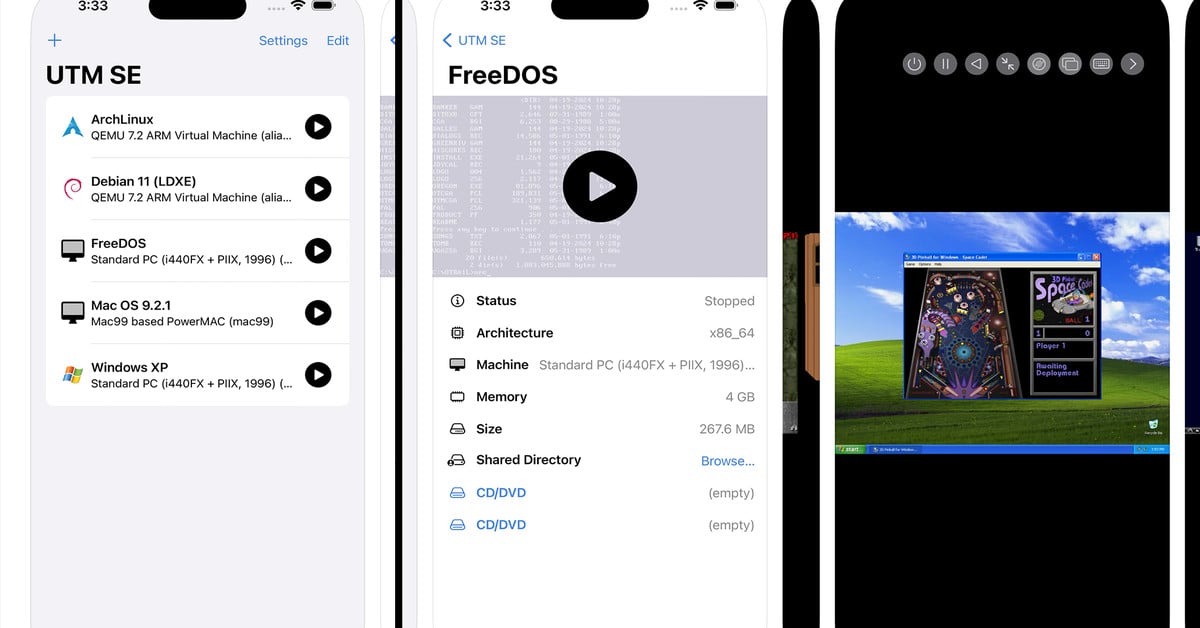- 43 Posts
- 30 Comments

 5·14 days ago
5·14 days agoI can’t speak specifically to apple’s testing process, but as someone who has worked in software QA, it’s simply not possible to catch all the bugs. Obviously no one wants bugs, so I’ve witnessed past employers try everything from adding more manpower to attempting engineering culture changes to adding public beta programs. None of these meaningfully reduced production bugs. If you or anyone else knows a better way, I’m listening :)

 51·14 days ago
51·14 days agoThis. Also lawyers are expensive, and hiring a team of experienced lawyers is even more so. A bean counter probably crunched the numbers and found it would be more cost effective to settle now than to fight it out/ run the risk of losing (in which case they may also have to pay for the plantiff’s legal fees)

 14·14 days ago
14·14 days agoI don’t think that’s necessarily a bad thing. The unfortunate reality is that any sufficiently large software project with a lot of engineers touching the code is going to have bugs. At least someone at Apple is trying to fix these as opposed to ignoring/pretending they don’t exist

 391·17 days ago
391·17 days agoLikely tacit acknowledgment that the US is becoming more authoritarian/run by a mob boss. For example, if you don’t pay the local mafia, you can expect them to show up and do bad things to you. However if you pay a bribe and kiss the ring, you may receive protection instead
If you have specific bugs/crashes that you can reproduce consistently please consider reporting them to https://www.apple.com/feedback/. This creates a bug report that an Apple developer will look at.

 68·25 days ago
68·25 days agoMillions of people use beautifulsoup4, but most probably don’t realize that a core library that powers it, soupsieve, is effectively maintained by one person. In the spirit of the xkcd you linked, Isaac Muse could probably use some funding

 16·1 month ago
16·1 month agoMostly yes. And if it does require server-side processing, the data gets deleted after. This stance is totally different from other AI providers who make no such promises about data retention and/or using your inputs to train future models

 2·1 month ago
2·1 month agoLooks like Apple has been working on this, but for whatever reason hasn’t launched it
As an added layer of security, you can set the phone to self-destruct by going to Settings > FaceID & Passcode > Erase Data. If someone enters the incorrect passcode more than 10 times, the phone will erase itself. Assuming a 6 digit passcode, there are 1 million possible combinations. An attacker would have an effective 1 in 100,000 chance (.001%) of guessing your passcode correctly
Personally I like the way that this is implemented; makes it easy to download hidden media files onto my Mac. Anyways, if you’re worried about nudes/pr0n being seen by unauthorized parties, I wouldn’t recommend stashing them in your photos library anyways. There are vault-type apps in the App Store that masquerade as note/calculator apps (Calculator# comes to mind) which are more suited to addressing OP’s use case.

 4·7 months ago
4·7 months agoyup it was founded in Moscow and they moved their headquarters to Cyprus. They’ve been open and honest about the whole process.

 6·7 months ago
6·7 months agoIt would appear that this is indeed the same ghostery that sold its users out to the highest bidder.
I recommend using AdGuard which is free and doesn’t have such serious privacy issues:
also there’s no need to pay, the free tier is more than sufficient

 41·7 months ago
41·7 months agoWow I had no idea that this existed for such a long time. I’ve clearly been living under a rock… 😅
Seconding AdGuard. Also, there’s no need to pay, the free tier is more than sufficient. Links for convenience:

 2·9 months ago
2·9 months agogluetun bundles a control server on port 8000 which you can query for the port number (don’t worry about
openvpnbeing in the url path, it still works with Wireguard). In my bash script (running on the host system), I usecurlto retrieve the forwarded port number and then do a POST with that data to the API of my qbt client which is running in another container on port 8080.

 5·9 months ago
5·9 months agoThere’s a reason why most providers don’t allow that feature anymore
Yes, cheese pizza
It’s said that port forwarding is a security risk
Says who? Assuming a fully patched system/client and a properly configured firewall/network, I’d love to hear more about these “risks”.
Also, qBitTorrent works just fine without it.
Only if you don’t care about seeding

 7·9 months ago
7·9 months agoBased. I use gluetun with qbt and ProtonVPN (with port forwarding). Despite this being a tricky config, it was still pretty easy to setup. Can share bash scripts if anyone is interested.

 1·10 months ago
1·10 months agoI’m personally a big fan of bore. It’s easy to setup/use and there’s a free public instance operated by the developer.

 1·10 months ago
1·10 months agoHere’s a link to the PR for anyone who’s interested

















The pi zero is good for small projects that don’t require a lot of compute, however I personally haven’t found it to be useful in a self-hosted context. Unless you really don’t care about performance, the low specs make it unsuitable for hosting most of the services you listed above